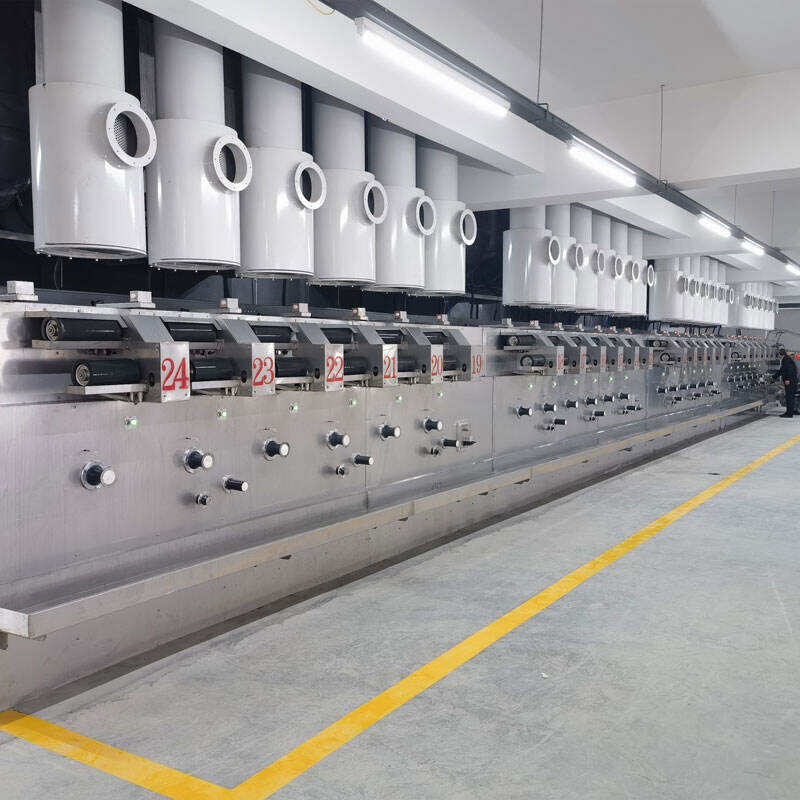Soft Gem | High-Quality Recycled Bottle to Fiber Production Line Manufacturer
Soft Gem manufactures high-quality recycled bottle to fiber production lines, specializing in polyester staple fiber, 3D hollow conjugated PET, and high tenacity fiber systems. With 30+ years of experience, our turnkey solutions integrate engineering design, intelligent manufacturing, and digital information technology. We ensure strict quality control through a professional QC team and offer 24/7 technical support to maintain optimal performance. Our flexible production lines accommodate both solid and hollow fiber production, while our bio-component and PLA solutions cater to sustainable demands. Partner with us for reliable, innovative systems that deliver superior output and long-term value.
标题 8
Get A Quote
